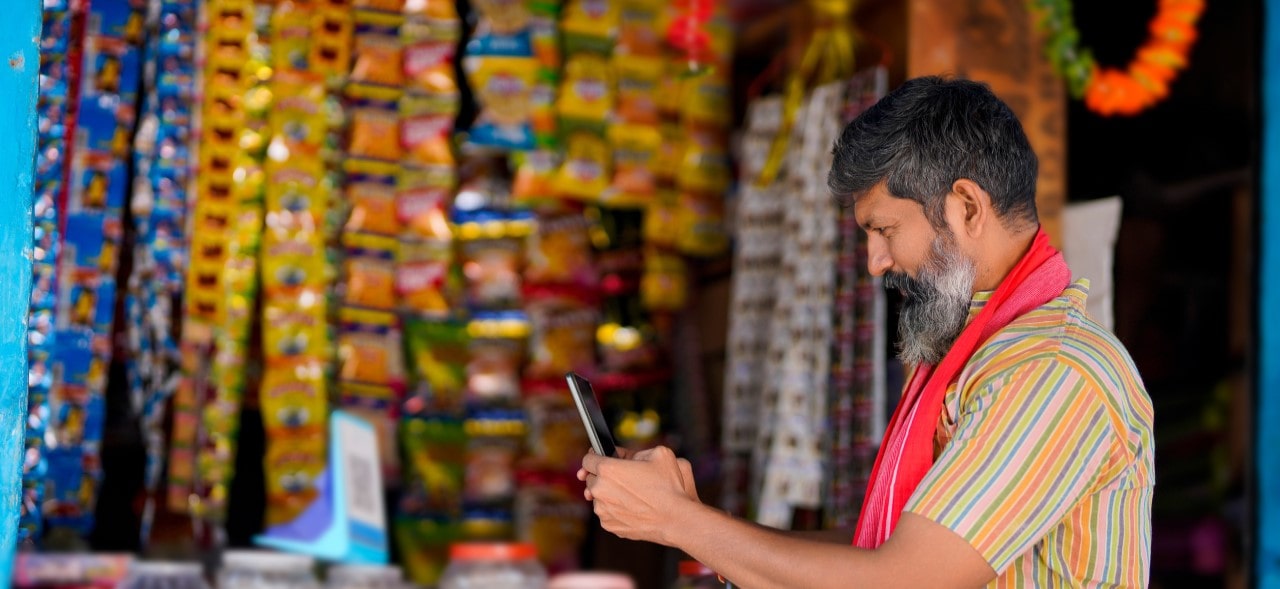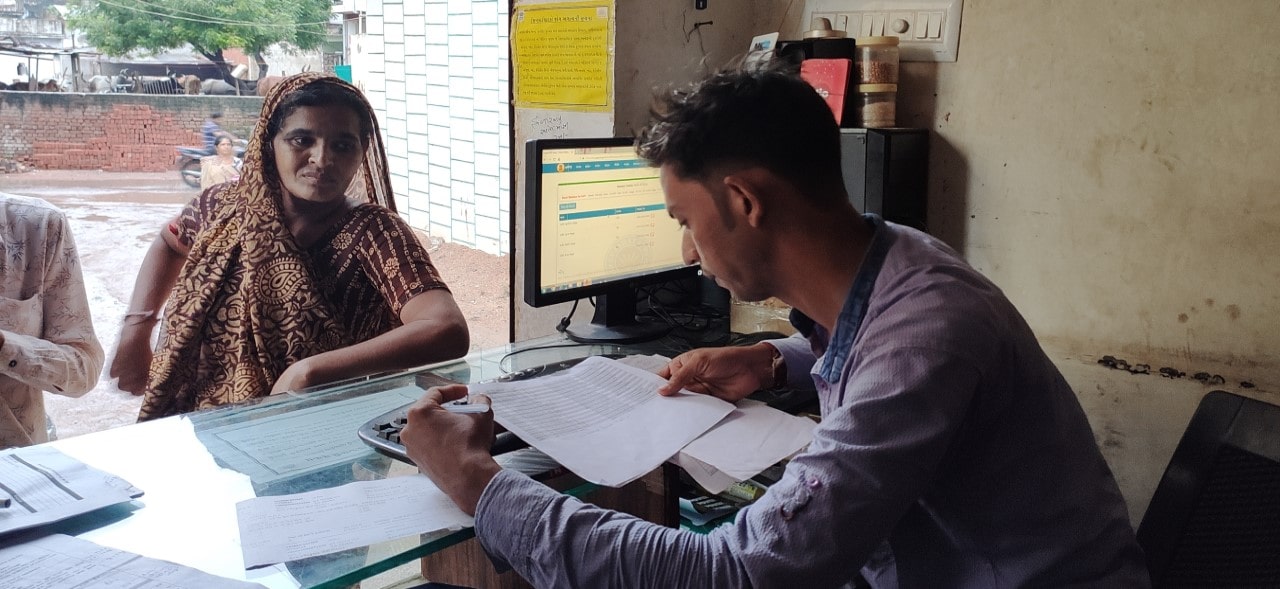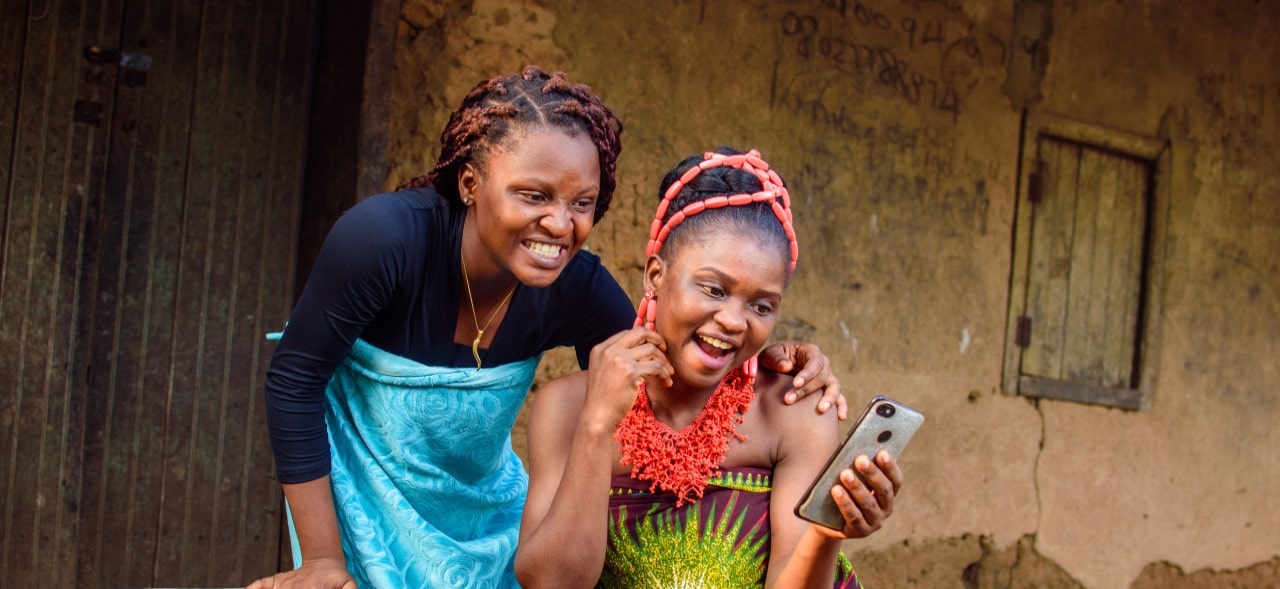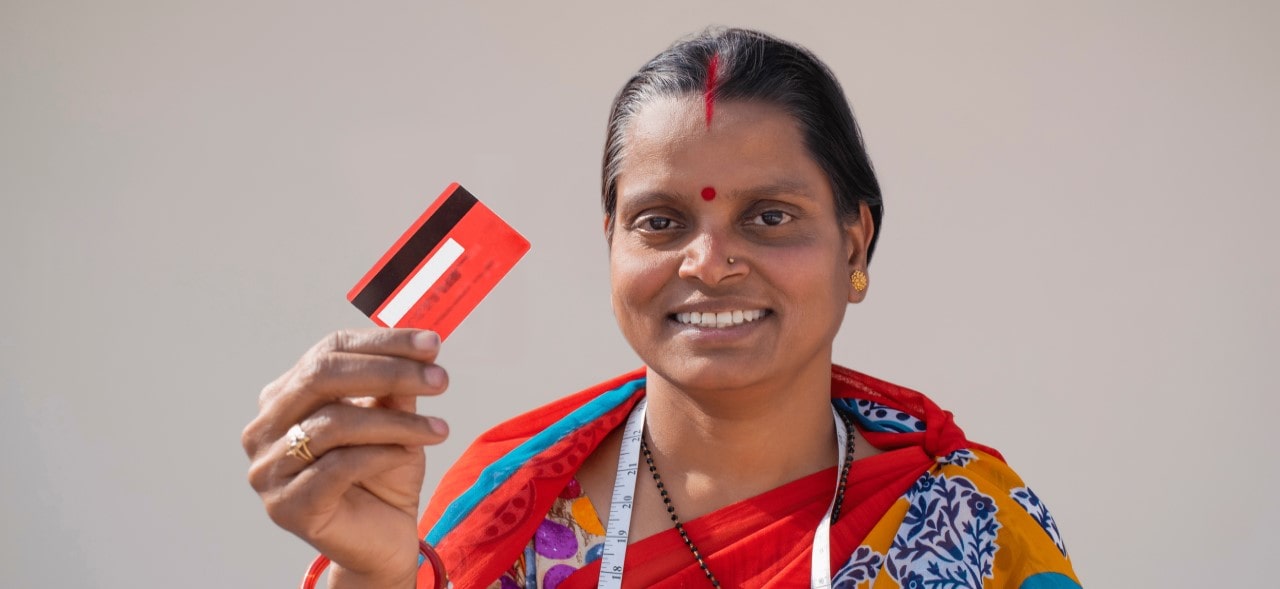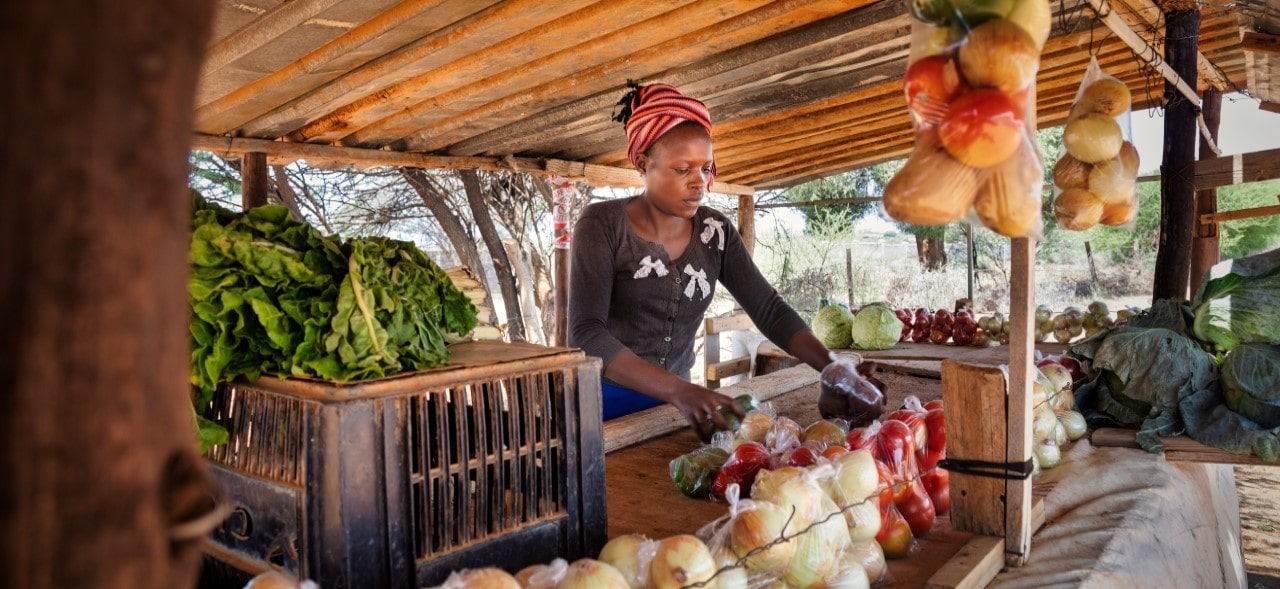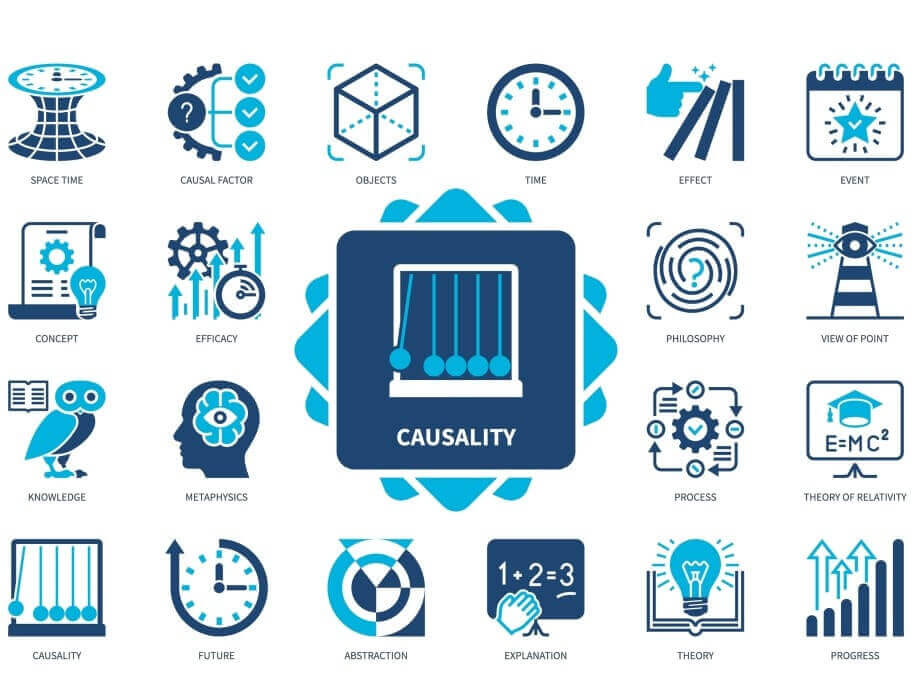
Data-driven decision-making is at the core of our research methodologies. At the Data Insights vertical at MSC, we assist our clients with innovative data techniques to generate strategic and actionable insights. Our vision is to be the leading data-driven partner for equitable, inclusive, and impactful development in low- and moderate-income countries (LMICs) through rigorous MERL systems and the application of data science.
Monitoring, evaluation, research, and learning (MERL) systems
We deliver consulting in concurrent monitoring, evaluation for impact measurement, and research across a wide thematic area. Our research encompasses financial services, gender, youth, social inclusion, disability, climate change, social, agriculture, and health and nutrition.
Our key services include:
1) Designing MEL frameworks and program management
2) Developing theory of change, logic models, and performance measurement frameworks
3) Creating data collection tools, analyzing data, and facilitating learning processes
4) Designing, managing, and providing recommendations for databases
5) Facilitating participatory, community-led processes
6) Conducting rigorous evaluations (experimental, quasi-experimental, and non-experimental design)
Our core team of MSC experts brings decades of experience in delivering rigorous, practical, and fit-to-purpose MEL approaches for development programs. Our global and expanding network of collaborators also lends complementarity to our expertise and reach.
Click here to learn more.
Data Science
Our sophisticated data science expertise helps our clients achieve equitable, inclusive, and impactful development. We accomplish this through the innovative application of data science techniques and machine learning alongside robust statistical and econometric methods.
We adopt a sophisticated blend of data science and grounded thematic expertise to deliver compelling, evidence-based research. Our team excels at deploying cutting-edge analytics, including artificial intelligence (AI), to drive transformative development impacts. Our commitment is to deliver transparent, accurate, and ethical data insights.
Our expertise includes big data analytics for insights, data modeling for predictions, machine learning algorithms, predictive analytics, NLP for text data insights, geospatial analysis, network analysis, interactive dashboards, infographics, custom analytics solutions, real-time data processing, and data integration for comprehensive analysis.
MSC’s expertise in data science continues to influence policymakers, financial service providers, and think tanks worldwide.
Click here to learn more.


